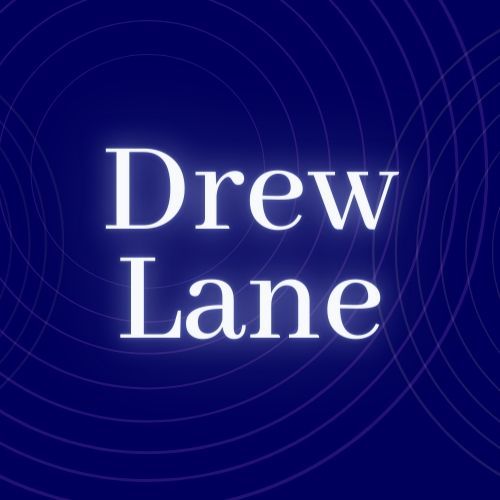
Drew Lane
26 juin 2022 •
Looks Like a New Chapter
Introducing the Weekly Read

Dear Reader,
You couldn't have come at a better time - I was just about to make an announcement.
I wanted to introduce my newsletter, the Weekly Read. I'm Drew Lane, by the way, and I write short stories.
With the Weekly Read, I hope to shed a light on the craft of fiction by sharing my short stories, sources of inspiration (music, arts, literature) and findings every Sunday.
My fiction writing journey started three years ago with an idea for a novel. I heard that's how many start: they wake up one day and jot things down. Soon, they realise scribbles and doodles are just the first step and writing, like any other craft, takes skill, patience, and practice.
I too came to that conclusion and a new chapter began.
In that chapter, I explored and investigated fiction in its broadest sense. I discovered methods, resources, and advice. I tested some, ditched others, and kept note of the relevant ones. It doesn't mean I’m set on a final approach yet, in fact my style and voice are just emerging. The difference is that now, as a writer, I'm aware of it.
But if you're not a writer, you may ask, should you care?
Depends.
Ever wondered why some stories stick with you and others don’t? Or why only certain characters resonate with you? Perhaps, you noticed some voices captivate you when others don’t even touch you. Those questions you could apply to any form of storytelling (movies, theatre, etc.). For fiction is versatile, it's true, but it draws on ubiquitous elements that you’ll encounter in all kinds of stories, your life included.
What helped me notice and appreciate those elements is "reading as a writer."
What does that mean?
As Stephen King puts it: "if you don't read, you can't write. Simple as that". Reading, amongst many other things, provides raw material for storytelling. But as a writer, you have to go one step further. Think of a student architect studying a building. We, writers, study the architecture of a story. What's its structure like ? What pieces it together, and how? What gives it its unique voice?
That very voice that at best sticks with the reader.
As with any craft or art, an educated eye, mouth, or ear, experiences the work differently. In the case of reading, an educated eye will make details, discreet and even unsaid, speak to you.
Now, what would a story be without, you, the reader? The reader takes something away from the story, a lesson, a thought, a teaching. They make it their own. Perhaps because they resonate with it. Perhaps because of something else.
That’s what makes fiction so fascinating. It all starts with an idea, one day in a beginner’s head, and somehow a reader, somewhere, sometime, gets to connect, resonate and take something away.
Magic.
But we can read through it a bit.
To that end, see you next Sunday.
Drewly yours,

Vous êtes abonné


